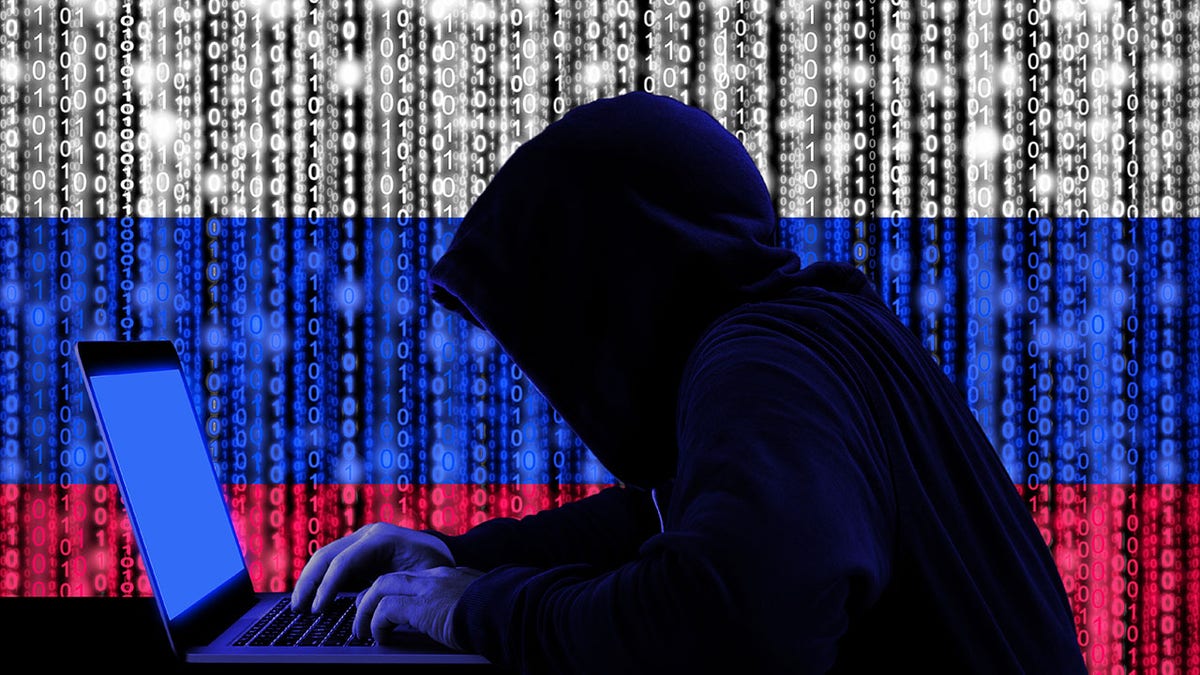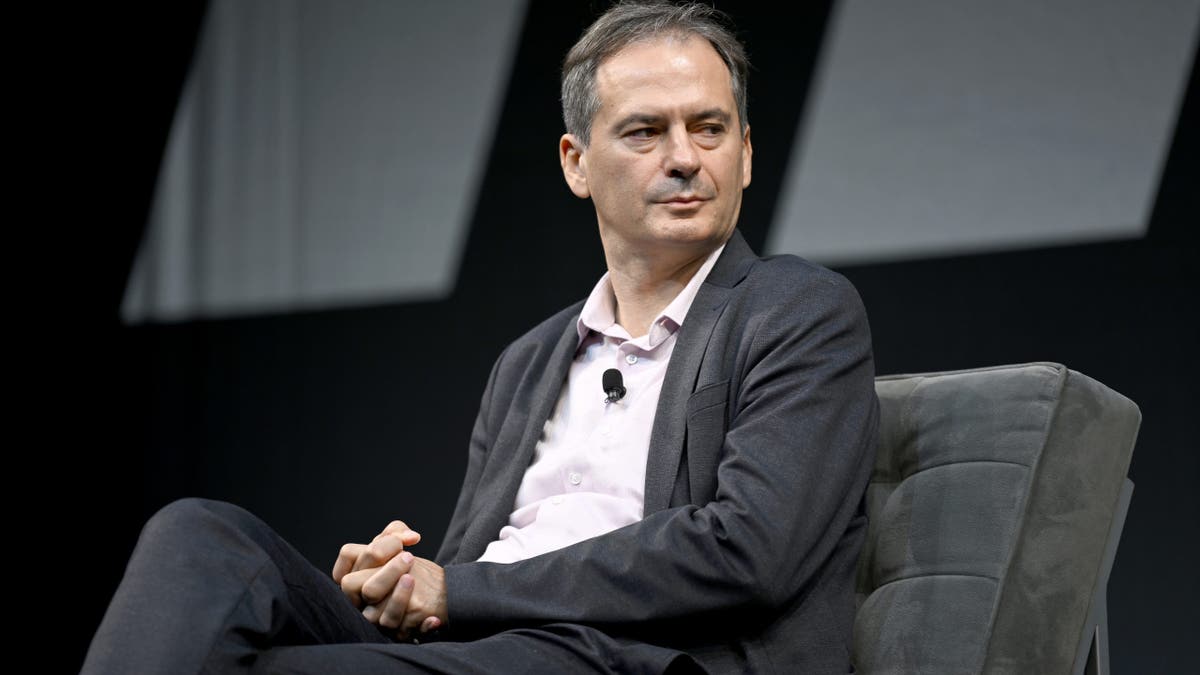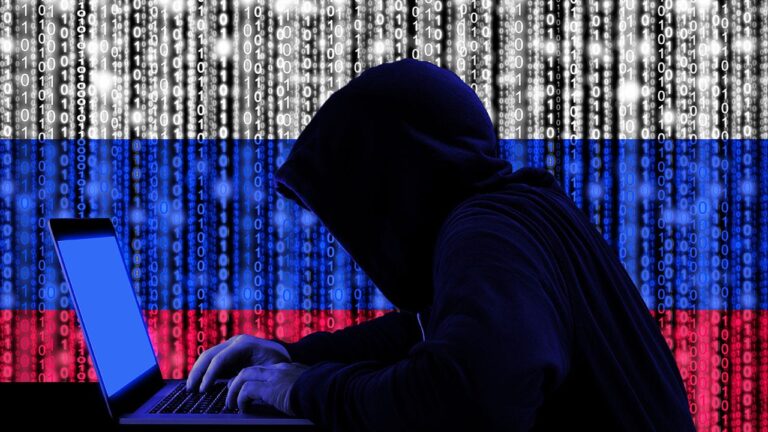Experts say the Kremlin may incorporate artificial intelligence (AI) into its efforts to manipulate November’s presidential election through influence programs.
The Department of Justice unsealed the indictment last week as part of an ongoing investigation into alleged Russian government conspiracies to influence American voters through a variety of disinformation campaigns.
Attorney General Merrick Garland has unveiled a major crackdown on influence efforts pushed through state-run media and other online platforms, part of a campaign he has dubbed “Doppelganger.” He has focused on officials at the Russian state-run media outlet RT, but other indictments announced this week suggest the scope of the Russian effort is broader and more complex.
The US also seized more than 20 internet domains linked to the operation and the establishment of an Election Threats Task Force that included FBI Director Christopher Wray and senior Justice Department officials, according to CBS News.
Self-driving car bombs, online recruitment: Experts worry about how AI will change terrorism
“This is an extremely serious matter and we will address it accordingly,” Garland said Wednesday as he announced the indictment alongside Wray.

FBI Director Christopher Wray (R) speaks during a meeting of the Department of Justice Election Threats Task Force at the Department of Justice in Washington, DC, Wednesday, September 4, 2024, as Attorney General Merrick Garland looks on. (AP Photo/Mark Schiefelbein)
The indictments also include allegations that the allegations involved using AI tools to create social media profiles “posing as U.S. (or other non-Russian) nationals” and giving the impression of “legitimate news media websites.”
“Methods used by the doppelgangers to grow audiences for their cybersquatted unique media domains included the placement of ‘influencers’ around the world, paid social media advertising (in some cases created using artificial intelligence tools), and creating social media profiles posing as U.S. (or other non-Russian) citizens and posting comments on social media platforms that included links to the cybersquatted domains,” the indictment states.
The military’s new technology includes robots that will protect soldiers from chemical and biological hazards.

Russia’s “doppelganger” operation is using deepfake content and other methods to attempt to manipulate the November presidential election through influence tactics. (iStock)
The U.S. Treasury Department further detailed these allegations and designated 10 individuals and two entities under the jurisdiction of the Office of Foreign Assets Control, allowing the U.S. to impose visa restrictions and offer justice bounties of up to $10 million in connection with such activity.
The Treasury Department reported that Russian government-backed attackers are using generative AI-powered deepfakes and disinformation to “undermine confidence in U.S. electoral processes and institutions.”
The Treasury Department named Russian nonprofit organizations Autonomous Nonprofit Organization (ANO) Dialog and ANO Dialog Regions as “using deepfake content to deploy Russian disinformation campaigns,” including “fake online posts on popular social media accounts…that consist of forged documents and other materials, aimed at eliciting emotional responses from viewers.”
FOX News AI Newsletter: Pope calls for abolition of autonomous weapons
ANO Dialog allegedly “identified individuals in the United States, the United Kingdom and elsewhere as potential targets for its deepfakes project” in late 2023. The “War on Fakes” website served as the primary vehicle for spreading this disinformation, also using bot accounts targeting voting locations for the 2024 US elections.

Investigative journalist Krist Grozev believes that the Kremlin was “outgunned by the West” in the early months of the Ukraine invasion, which led to the decision to use AI and “all kinds of new methods that are indistinguishable from normal information flows.” (Roy Rochlin/Getty Images via Unfinished Live)
In an interview with PBS NewsHour, Belgian investigative journalist Christo Grozev revealed that frustration with Russia’s “global propaganda campaign,” in which the Kremlin was “outdone by the West” in the early months of the Ukraine invasion, prompted the decision to use AI and “all kinds of new methods that are indistinguishable from normal information flows.”
“They plan to insert ads that are actually hidden as news, thus bombarding their target audience with what may be mistaken for news but is actually advertising content,” Grozev explained.
Click here to get the FOX News app
“They plan to disguise that advertising content on a person-to-person level as if it were content from your favorite news site,” he warned. “Right now, we haven’t seen that in action, but that’s the intention and they claim to have developed the technology to do that.”
“They’ve made it very clear that they’re not going to use a Russian-affiliated platform, or even a different platform,” he added. “They’re going to get into platforms that their targets are already using, and that’s what’s scary.”

